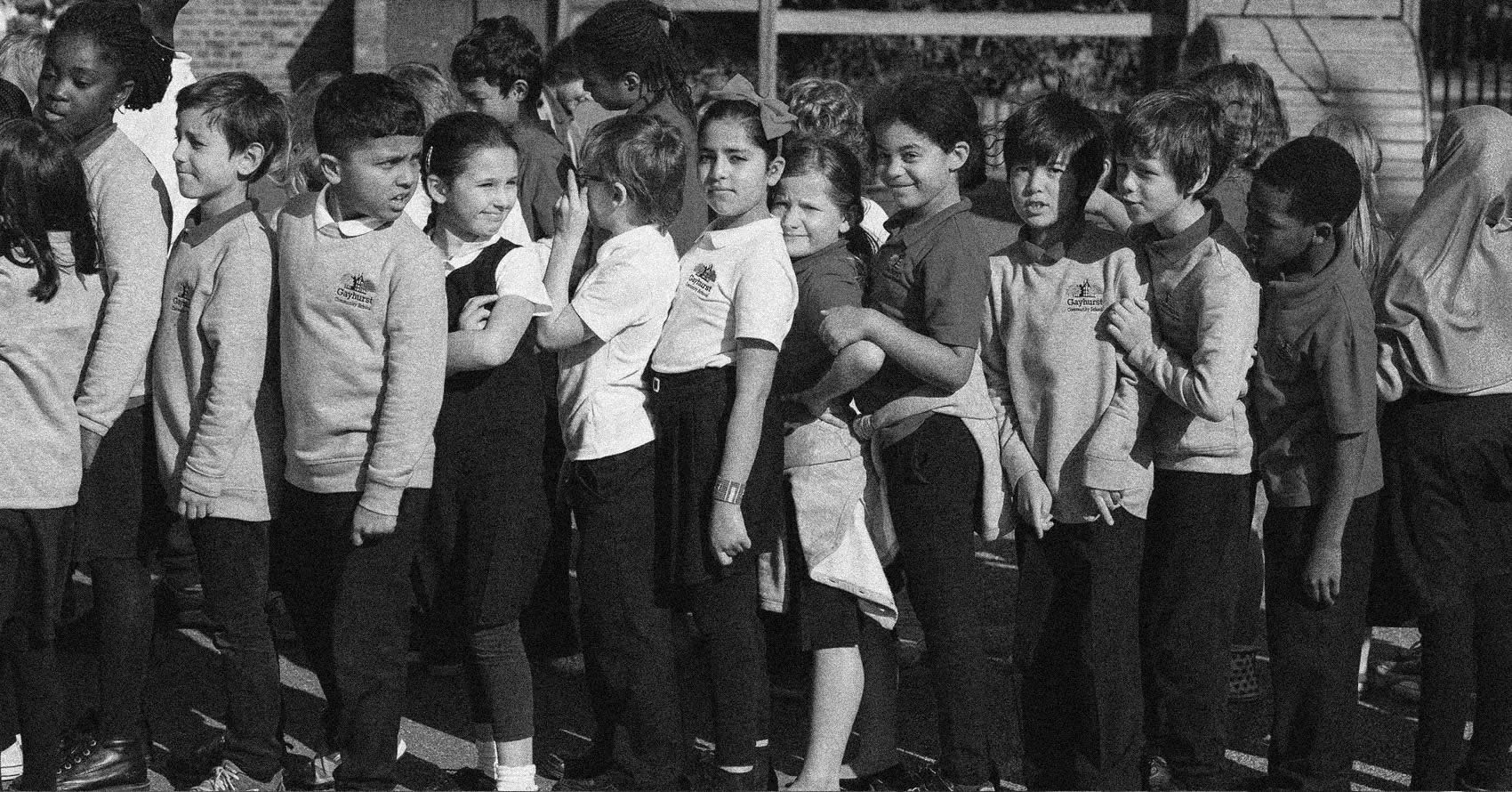On the importance of phone free childhoods

Gayhurst's Headteacher Karen, makes the case for why Gayhurst banned phones from school.....
An opinion piece written by Gayhurst's Headteacher Karen Pedro, on the importance of smart phone free childhoods has been featured in the Autumn edition of Absolutely Education magazine. You can find this interesting and highly relevant article as a PDF at the bottom of this page.
Pedro, on the importance of smart phone free childhoods has been featured in the Autumn edition of Absolutely Education magazine. You can find this interesting and highly relevant article as a PDF at the bottom of this page.
Here's what Karen says in the piece:
'We banned phones for children three years ago following the pandemic. Not just smartphones but all phones. At the time I expected some pushback from parents, particularly those with children in Years 5 and 6 who were walking home alone, but actually the rule was embraced and accepted by the large majority of parents.
We felt comfortable taking the lead on this issue at Gayhurst. I think schools setting boundaries around phones was something parents desperately wanted. It helps them to have much clearer messaging for their children that smartphones just aren’t appropriate for children their age.
This is something that the Smartphone Free Childhood (SFC) movement has really tapped into. That sense of collective action by and for parents has lifted the burden for so many parents who might have felt they were facing this dilemma alone. It is why the SFC grassroots movement has been so successful this year. What began as a couple of concerned messages between two mums about smartphones in February this year has exploded into a global movement in a few short months. As I write this, the SFC Parent Pact, an online pledge to withhold smartphones from children until they are at least 14 has been signed by more than 50,000 parents with children in nearly 8000 of the UK’s schools. I am proud to say that parents of 31 Gayhurst School pupils have signed the Parent Pact so far.
Banning phones has really helped in terms of the volume of issues we were dealing with in school. WhatsApp was awful. We had children creating multiple groups and then excluding others from those groups. And it was done to such extremes, it was like wildfire, like playground bullying but on a hi-tech platform that doesn’t shut off. That’s just not a way children should be spending their childhoods.
By sending children a very clear message that they can’t have their phones in school it also sets a very clear expectation that issues around phones don’t belong in school either. We want school to be a safe, phone-free space where children can learn and play together in real life.
I'm sure it helps families to feel that they have our backing. I think many parents have felt trapped in an impossible situation. On the one hand, the fear of giving their children access to a smartphone and all the (now very well documented) problems that come with that such as harmful content, addictive algorithms and the anxiety merry-go-round of social media; on the other, the fear of their child being socially excluded if they don’t have one. By establishing very clear boundaries in school, I think it has helped reduce some of the family conflict and reduced the pressure parents and children feel.
We don’t just ban phones, we explain why we don’t allow them through a whole-school approach. From Year 4 we talk to pupils explicitly, putting phone use into the context of the school playground – how you wouldn’t exclude others in the playground so it’s not okay online. And we link the issues around phones to PSHE and wellbeing. We don’t just teach esafety, but also look at phone use in the context of pupils protecting their mental health and why using something like WhatsApp can be very negative.
We have seen a real shift in the past year and a half, the children can really see the link between being on a phone and their own state of mind. They start to see why it’s a negative picture. It’s far more common now to hear a child say ‘Oh, I’ve got a brick phone’ quite proudly.
For children entering secondary school in Year 7 the peer pressure ramps up even more. I think setting boundaries around smartphones in those early secondary school years is crucial, too. The more parents that buy into this idea that children don’t have a smartphone until they are 14 the better.'









